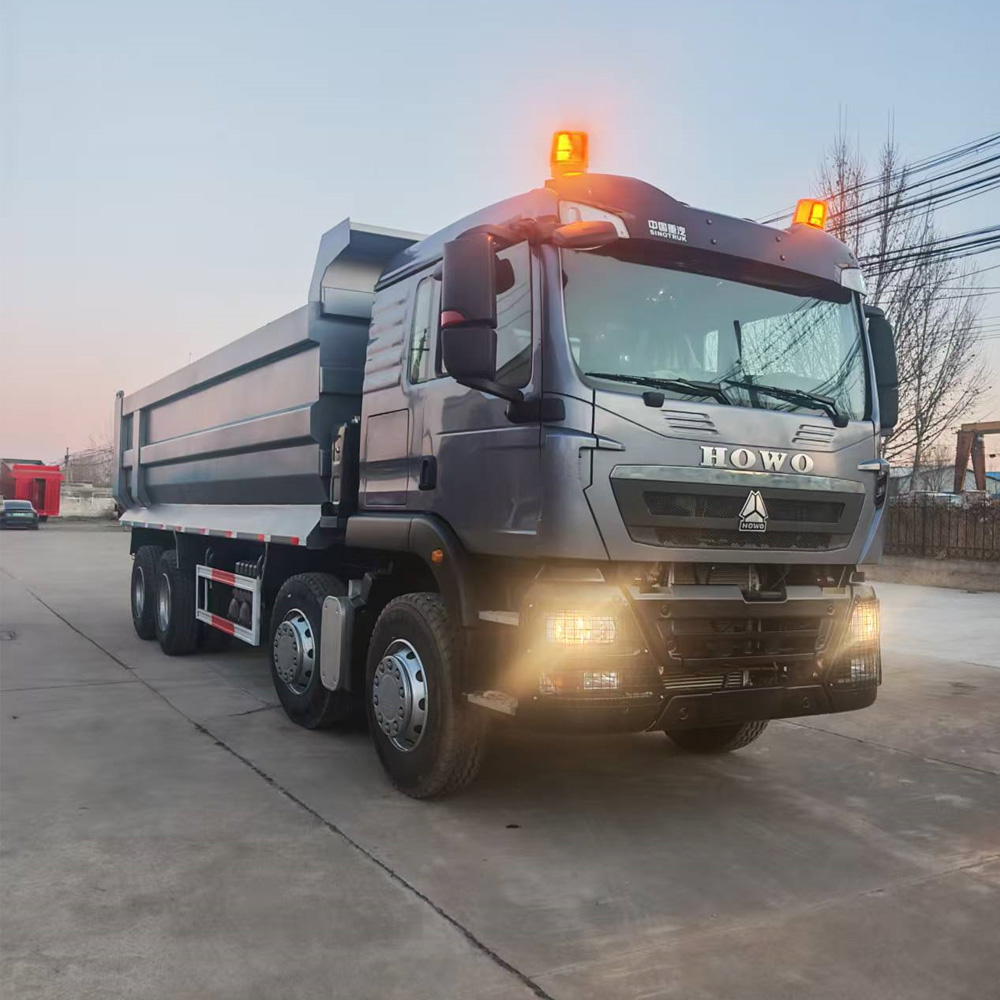Features of Refrigerated Truck Vehicles: The Key Components for Cold Chain Logistics
The refrigerated truck, also known as a "reefer truck," is an indispensable part of the modern cold chain logistics industry. These specialized vehicles are designed to transport temperature-sensitive goods, such as perishable food items, pharmaceuticals, and chemicals, over long distances while maintaining a controlled environment. In this blog post, Fushunte will explore the essential features of refrigerated truck vehicles for sale that make them the backbone of the cold chain.
1. Thermostatically Controlled Environment
One of the primary features of a refrigerated truck is its ability to maintain a stable temperature throughout the cargo area. This is achieved through a thermostatic control system that monitors and adjusts the temperature according to the specific requirements of the cargo. The temperature can be set to a range that suits the product being transported, ensuring its freshness and quality upon arrival.
2. Insulated Cargo Compartment
The cargo area of a refrigerated truck is insulated to minimize heat exchange with the external environment. This insulation is crucial for maintaining the desired temperature and preventing the ingress of external heat or cold. Modern reefer trucks use advanced insulation materials that provide excellent thermal resistance and durability.
3. Refrigeration Units
The heart of a refrigerated truck is its refrigeration unit, which can be mechanically or thermally driven. Mechanical units use a compressor to cool the air, while thermal units rely on the absorption of heat by a refrigerant. These units are designed to operate efficiently in a wide range of ambient temperatures, ensuring that the cargo remains at the required temperature regardless of external conditions.
4. Air Circulation System
Proper air circulation within the cargo area is vital for maintaining an even temperature throughout the load. Refrigerated trucks are equipped with fans and vents that distribute cold air evenly, preventing hotspots and ensuring that all items are kept at the desired temperature.

5. Temperature Monitoring and Data Logging
To ensure the integrity of the cold chain, many refrigerated trucks are fitted with temperature monitoring systems. These systems record the temperature at regular intervals and can alert the driver or dispatcher if the temperature deviates from the set point. Some advanced systems can also provide a detailed temperature history, which is essential for compliance with food safety regulations.
6. GPS Tracking and Fleet Management
For logistics companies, knowing the location and status of their refrigerated trucks is critical. GPS tracking systems allow for real-time monitoring of the vehicle's location, speed, and route. Integrated fleet management software can provide additional insights, such as fuel consumption, maintenance schedules, and driver performance.
7. Energy-Efficient Design
With rising fuel costs and environmental concerns, the energy efficiency of refrigerated trucks has become increasingly important. Modern reefer trucks are designed with aerodynamics in mind, reducing wind resistance and improving fuel efficiency. Additionally, the use of energy-efficient refrigeration units and insulation materials helps to minimize the vehicle's overall energy consumption.
8. Easy Loading and Unloading
The design of a refrigerated truck should facilitate easy loading and unloading of cargo. This includes features such as wide rear doors, low loading heights, and the use of loading ramps or lifts. Some trucks are also equipped with tail lifts or forklift access points to make the loading and unloading process more efficient.
9. Compliance with Regulations
Reefer trucks must comply with various regulations related to safety, emissions, and cargo transportation. This includes adhering to specific standards for the construction of the vehicle, the operation of the refrigeration unit, and the handling of hazardous materials. Compliance with these regulations is essential to ensure the safe and legal operation of the vehicle.
Conclusion
Reefer trucks are a critical component of the cold chain, ensuring that temperature-sensitive goods reach their destination in the best possible condition. With features such as thermostatically controlled environments, insulated cargo compartments, and advanced refrigeration units, these vehicles are designed to maintain the integrity of the products they transport. As the demand for fresh and perishable goods continues to grow, the role of refrigerated trucks in the logistics industry will only become more important.
https://www.scfushunte.com/Features-of-Refrigerated-Truck-Vehicles.html
Fushunte
zenglujun0@gmail.com

